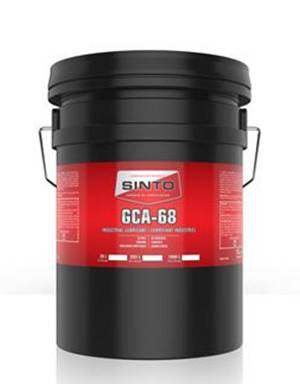Oct . 13, 2024 15:37 Back to list
pvc-o pipe
Understanding PVC-O Pipes Benefits and Applications
PVC-O, or oriented polyvinyl chloride, is a revolutionary material in the world of piping systems, known for its enhanced performance properties compared to traditional PVC pipes. In recent years, the adoption of PVC-O pipes has gained momentum in various sectors due to their superior mechanical strength, flexural modulus, and environmental compatibility. This article explores the composition, benefits, applications, and reasons behind the growing popularity of PVC-O pipes.
What is PVC-O?
PVC-O is created by the molecular orientation of standard PVC during the production process. This orientation is achieved through a process of stretching both longitudinally and laterally, which enhances the material's strength and flexibility. As a result, PVC-O pipes exhibit improved impact resistance, greater resistance to internal pressure, and overall durability, making them an excellent option for various applications.
Benefits of PVC-O Pipes
1. High Strength-to-Weight Ratio One of the most notable advantages of PVC-O pipes is their high strength-to-weight ratio. This characteristic allows for easier handling and installation, translating to lower transportation costs and reduced labor requirements during construction.
2. Reduced Environmental Impact The production process of PVC-O pipes is more energy-efficient compared to that of traditional PVC. Additionally, they are 100% recyclable, making them a sustainable choice for modern infrastructure projects. Their longevity also means fewer replacements, leading to reduced waste over time.
3. Corrosion Resistance PVC-O pipes do not corrode like metal pipes, providing a longer service life even in aggressive environments. This property makes them particularly suitable for applications in areas with high moisture content or aggressive chemical exposure.
4. Lower Hydraulic Resistance The smooth interior surface of PVC-O pipes reduces friction losses, enhancing flow characteristics. This property is especially beneficial in water supply and drainage systems, where efficiency is crucial.
pvc-o pipe

5. Temperature Resistance PVC-O pipes maintain their mechanical properties over a wide range of temperatures, making them versatile for use in various climatic conditions.
Applications of PVC-O Pipes
PVC-O pipes are employed in an array of applications, which include
- Water Supply and Distribution Due to their durability and efficiency, PVC-O pipes are widely used in municipal water supply systems and irrigation networks. They ensure reliable delivery of potable water while minimizing leaks.
- Wastewater Management The corrosion resistance and strength of PVC-O make it a preferred choice for sewer systems and wastewater treatment facilities, where durability is critical.
- Telecommunications PVC-O pipes can be utilized for protecting underground telecommunications cables, ensuring longevity and resistance to external pressures.
- Industrial Uses Various industries use PVC-O pipes for transporting chemicals and other fluids, taking advantage of their resistance to corrosion and high mechanical strength.
Conclusion
PVC-O pipes represent a significant advancement in pipe manufacturing, offering numerous advantages over traditional materials. Their unique properties make them suitable for a wide range of applications, from residential plumbing to industrial installations. As more industries recognize the benefits of PVC-O, its popularity is likely to continue growing, thus contributing to more sustainable and efficient infrastructures worldwide. With an increasing focus on environmental responsibility and performance, PVC-O pipes stand out as a smart choice for the future of piping systems.
-
High-Quality PPR Pipes and Fittings Durable ERA PPR & PVC PPR Solutions
NewsJul.08,2025
-
Black HDPE Cutting Board - Durable, Non-Porous & Food Safe HDPE Plastic Cutting Board
NewsJul.08,2025
-
High-Quality CPVC Panel Durable HDPE & PVC Panels Supplier
NewsJul.08,2025
-
Double PE Welding Rod Supplier - High Strength, Durable & Versatile Welding Solutions
NewsJul.07,2025
-
High-Quality PVC-O Pipe Supplier Durable 75mm PVC Pipe & Connections Leading PVC Pipe Company
NewsJul.07,2025
-
HDPE Drainage Pipe Supplier – Durable & Corrosion-Resistant Solutions
NewsJul.06,2025

